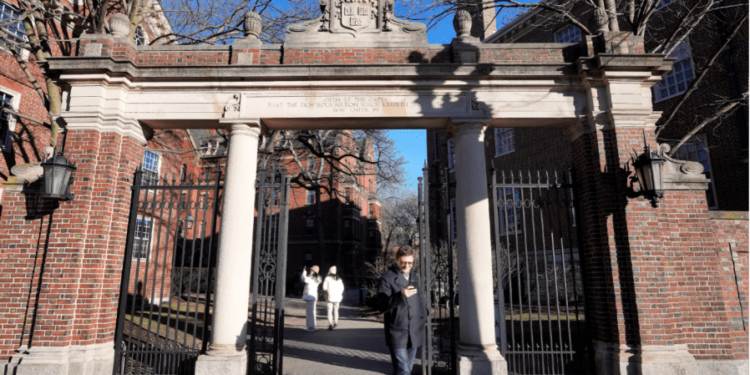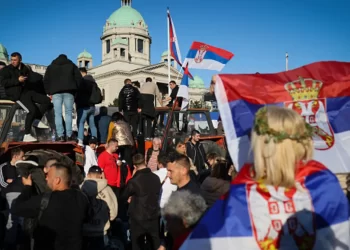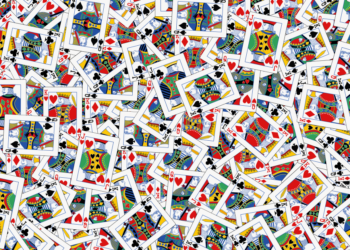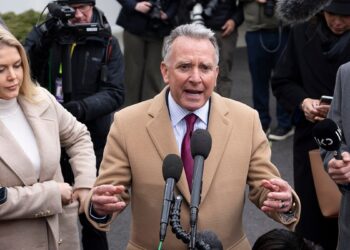Harvard faculty sue Trump administration over funding cuts threat
Harvard University faculty sued the Trump administration on Friday over a federal assessment of the school's spending amid allegations of their “failure” to protect students from antisemitism. The American Association of University Professors (AAUP) and its campus chapter are both plaintiffs in the lawsuit which said...
Read more1 killed in shooting outside Long Beach Grand Prix
One person was killed after a shooter opened fire outside the Long Beach Grand Prix Saturday. Shortly before 6 p.m.,...
Loudoun County deputies investigate plaza stabbing
LOUDOUN COUNTY, Va. (DC News Now) -- The Loudoun County Sheriff's Office is investigating a stabbing in the Broadlands area,...
Western Michigan beats Boston University 6-2
ST. LOUIS — Owen Michaels scored two third-period goals to seal Western Michigan’s first Frozen Four championship with a 6-2...
Weezer rocked the festival, but didn’t mention bassist Scott Shriner’s wife – Orange County Register
Weezer wasn’t supposed to play Coachella this year. When they were announced a week ago as surprise guest, fans of...


























 Al Jazeera English | Live
Al Jazeera English | Live






















